A Brief Review of Dolezal's, "All That is In God"
In this informative and bracing little book, James E. Dolezal makes a strong case for classical theism and against theistic mutualism, a doctrine of God which in a variety of more or less egregious forms maintains that God and the world exist in a "give-and-take" relationship. Theistic mutualism holds that the doctrine of God articulated by classical Christian theism is biblically and metaphysically untenable. Divine simplicity, immutability, and impassibility are some of theistic mutualism's big targets. Theistic mutualists believe that God is capable of being “moved” or “acted upon” by His creation, especially human beings. Furthermore, they think that denying this “passibility” in God renders all speech about His relationship with humanity incoherent. Dolezal persuasively rebuts this misapprehension, pointing out that if God is “movable,” there would have to be unrealized potencies in His very being, and therefore, His being (what He is as He is) would be changeable - perish the thought! Theistic mutualists try to soften this blow in one of two ways, either by arguing that God determines to subject His being to variability (like that’s some comfort) or that God has two sets of attributes: those that inhere in His being (all of which are eternally actualized) and those that arise or develop as a result of His interactions with the world. Against theistic mutualism, Dolezal compellingly presents the Biblical and philosophical bases for the classical doctrine of God. He points out that without divine simplicity — the idea that God is not composed of parts — God’s independence or aseity are necessarily put in serious jeopardy. If God is made up of bits and parts (Dolezal is keen to point out that “parts” are not always material but can be conceptual as well), if His being or is-ness only becomes what it is through their consolidation, then God depends upon things other than God (disassembled parts) to be what He is (those parts brought into a unity). Theistic mutualists think that what divine simplicity entails for the other divine attributes, namely, their identity, is foolishness. Dolezal effectively counters by arguing that any other conception of the attributes "de-Gods" God, because any other formulation renders Him dependent upon His parts (which on theistic mutualism's account are not God) to be who He is. We are justified in differentiating the divine attributes in our God-talk because of our limits and our inability to comprehend a purely simple being - there is nothing and no one like God. Read this book if you're hungry for a robust defense of what Christians have uniformly believed about God over the centuries.
